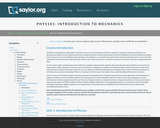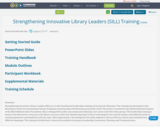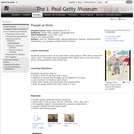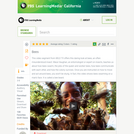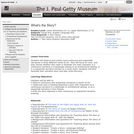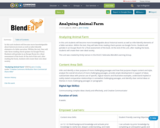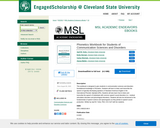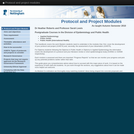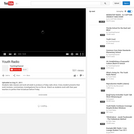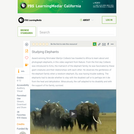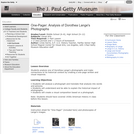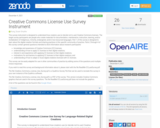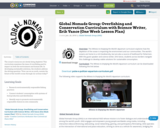This is a module framework. It can be viewed online or downloaded as a zip file.
As taught Autumn Semester 2010.
This resource presents a number of postgraduate courses that are offered by the Division of Epidemiology and Public Health:
Applied Epidemiology
Public Health
Public Health (International Health)
It covers the work Masters students need to undertake in the modules that, first, cover the development of a protocol and project (A34574) and, secondly, the assessment of the dissertation (A34575).
For Diploma students following the Diploma in Public Health or Diploma in Applied Epidemiology the information covers the development of a protocol and a literature review or short epidemiological study (A34562 or A34580 respectively).
Module Code: A34574 (Protocol for Masters students - 10 credits)
Module Code: A34575 (Dissertation for Masters students - 60 credits)
Module Code: A34562 (Planning a protocol and reviewing literature for Diploma students - 20 credits)
Module Code: A34580 (Protocol and Epidemiological Study for Diploma Students - 20 credits)
Suitable for study at: Postgraduate level
Dr Heather Roberts and Professor Sarah Lewis, Division of Epidemiology and Public Health
Professor Lewis: My expertise is in medical statistics and epidemiology. Areas of research interest include the aetiology of asthma and allergy (effects of early life factors, indoor and outdoor pollution, and diet upon these conditions), tobacco research (impact of environmental tobacco smoke on respiratory disease and in utero effects on birthweight and gestation, design of cessation interventions for specific groups including teenagers, economically disadvantaged, pregnant women), and design and analysis of clinical trials (multi-centre trials of IV antibiotics in CF and NRT in hospital in-patients, cluster randomised trial of pr-active approach to providing smoking cessation support).
Dr Roberts: My interests are wide-ranging but rooted in my interests in inequalities in health and increasing public health capacity and capability in developing countries. I have taught on and now lead, the Masters in Public Health during which time I have supervised many projects based on local and international student interests. I enjoy taking students’ ideas and working them up, through to a complete investigation. The Student Handbook is based on our collective experience of what students need to know to complete successful project work.

